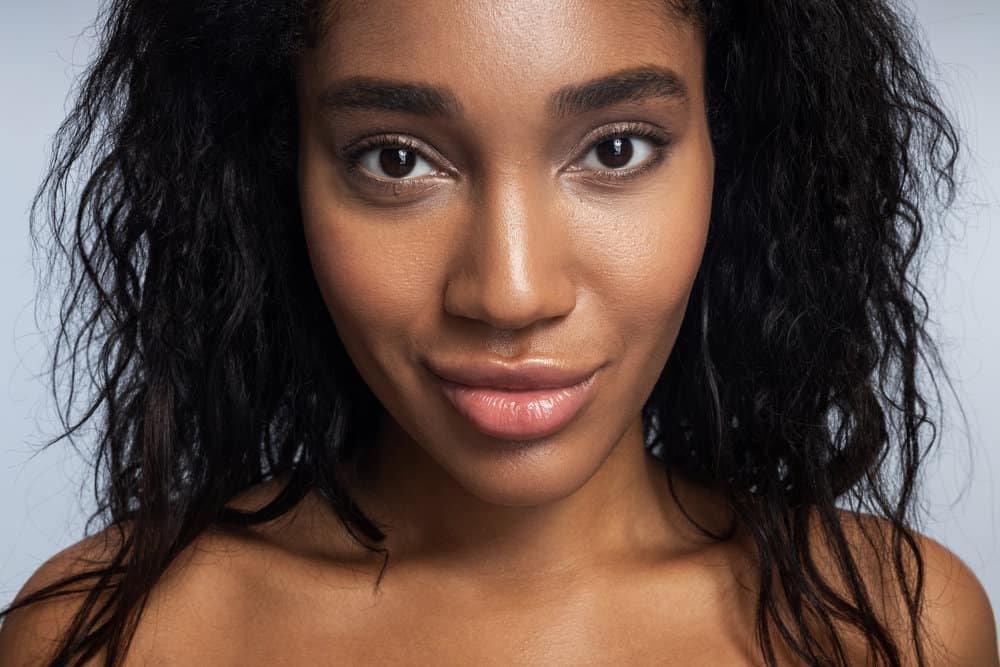
Does your hair ever feel like it needs a little extra TLC? One of the best ways to pamper your strands is with a nourishing hair mask. But just how often should you use a hair mask on curly hair?
We've got great news if you’re ready to find out the answer to that and more! In this article, you’ll learn everything you need to know about applying hair masks.
We’ll discuss how often you should use them and take a look at what can happen if you misuse them. So sit back, relax, and let's get started.
Table of Contents
How Often Should You Use a Hair Mask?
Hair masks are an intensive treatment that smooths, hydrates, or repairs your hair. You can use a hair mask as a pre-shampoo treatment or in place of your regular conditioner anytime your strands need a boost. The exact number of times you need to apply a hair mask varies slightly depending on your hair texture.
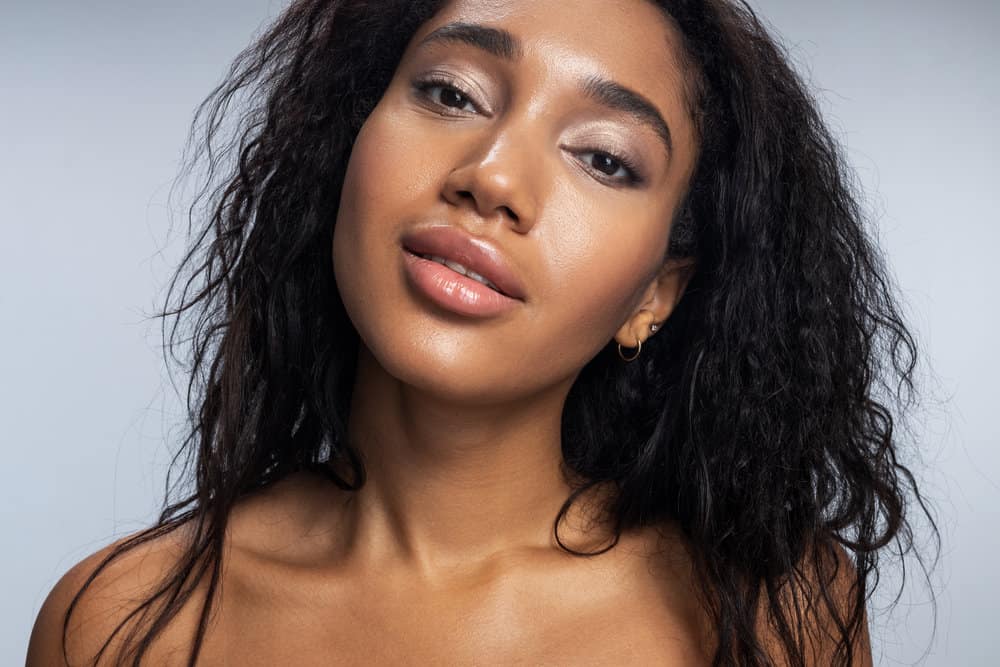
Straight, wavy, and fine hair can get weighed down easily and doesn’t generally struggle with dryness. As a result, people with straight, wavy, or fine hair should usually use a hair mask once a week or two.
However, damaged, thick, curly, and coarse hair requires more significant hydration.
We recommend using a hair mask once or twice a week for these hair types. Regardless of your hair type, the most important thing for you to do is pay attention to how your hair is feeling.
If your hair is still dry and feels like it needs more moisture, try using hair masks more often. But if your hair mask leaves your strands dull, greasy, and limp, try switching to a different product or using masks less often.
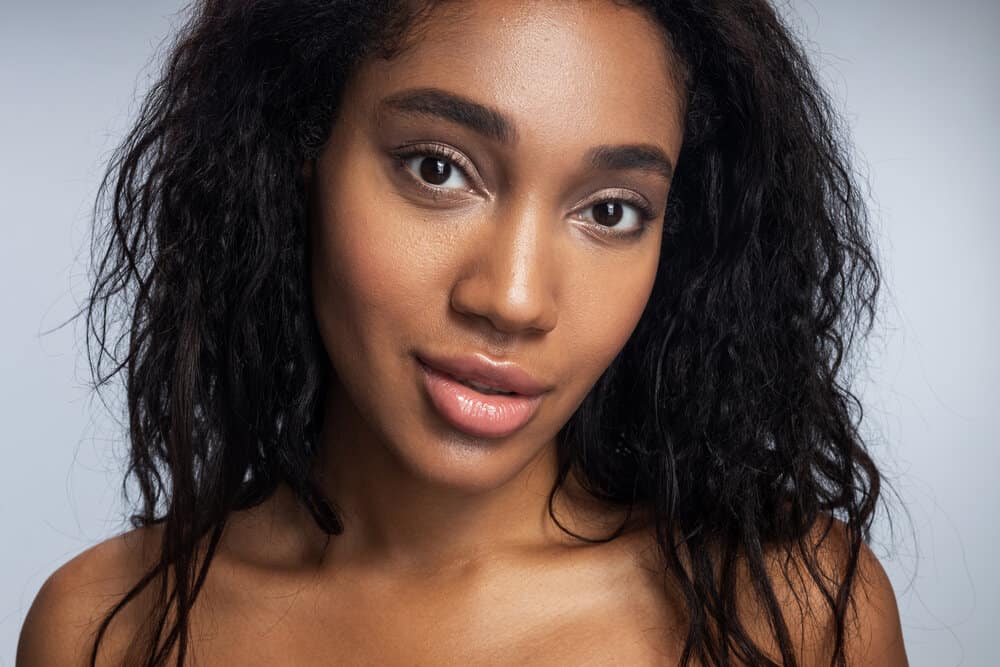
Can You Use a Hair Mask Every Day?
We get it - a hair mask leaves your hair feeling so good that you’ll probably be tempted to use it every day. But although hair masks are incredibly nourishing, you want to avoid using them daily.
Hair masks are formulated to be an occasional, weekly treatment. They contain heavy, deeply hydrating ingredients that can weigh your strands down when used in excess.
In addition to leaving your hair limp and greasy, hair masks can coat your hair and scalp in a harmful buildup. That can stunt hair growth, lead to dryness and flaking, or throw off your scalp’s natural oil production.
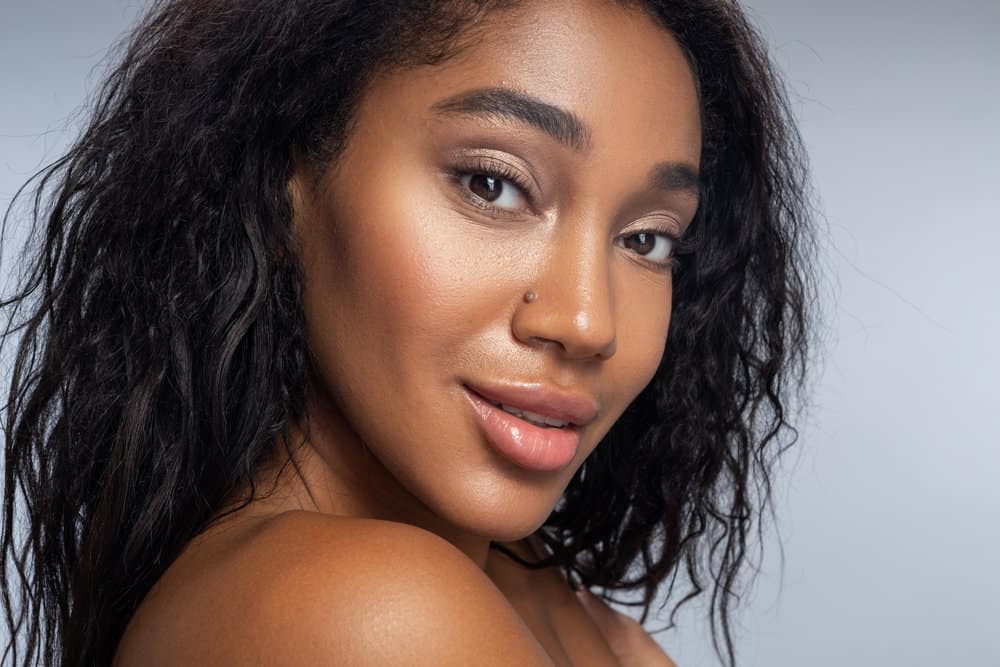
What Happens if You Use a Hair Mask Too Often?
Because of their hydrating nature, many people assume that using a hair mask regularly doesn’t come with any risk. And it's easy to see how that misconception came about.
Hair masks are gentle, non-stripping hair treatments that help add moisture back to your strands. Because they add back to your hair rather than take away from it, you don’t have to worry about drying your strands out or causing breakage.
However, like most things, hair masks are best used in moderation. If you overdo it and use hair masks too frequently, they can contribute to moisture overload.
When you develop moisture overload, your hair’s moisture-to-protein balance gets thrown off, and your strands hold onto too much water. As a result, they can become limp, stringy, and overly elastic.
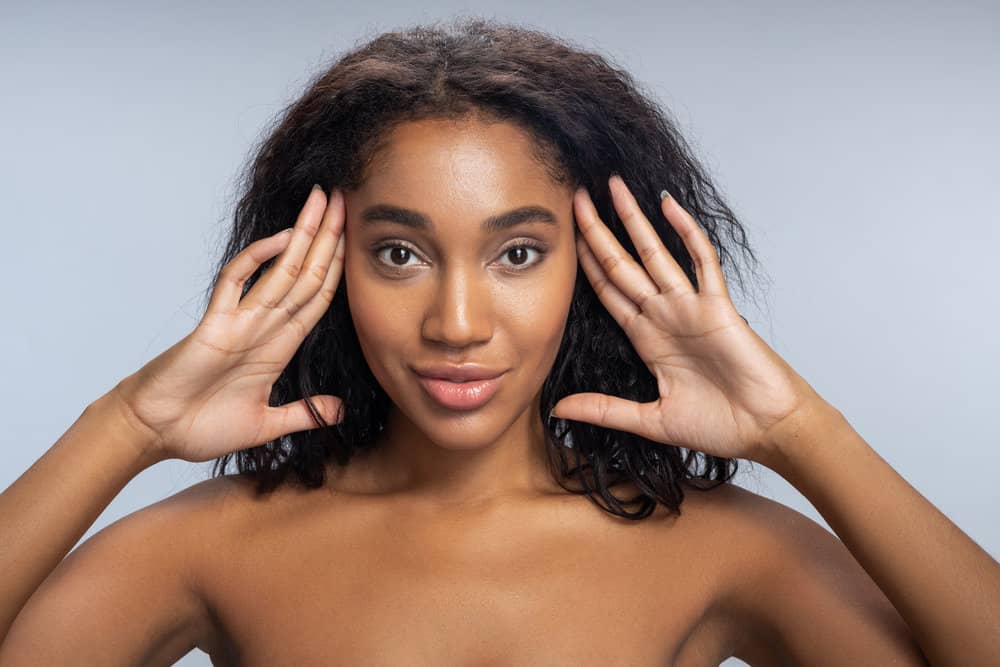
Keep in mind that moisture overload isn’t the only thing you need to worry about. Some hair masks also contain protein or protein derivatives.
While proteins are an excellent way to keep your strands strong, too much protein will leave your hair dry, brittle, and damage-prone.
Is It Better to Put a Hair Mask on Wet or Dry Hair?
One popular question that comes up repeatedly is whether you should apply a hair mask to wet or dry strands. When you put a moisturizing mask on dry hair, your strands have more space for all those beneficial ingredients.
Additionally, the water won’t act as a barrier, and the treatment will have direct access to your strands. But despite these benefits, most experts agree that applying a mask to damp hair will give you much better results.
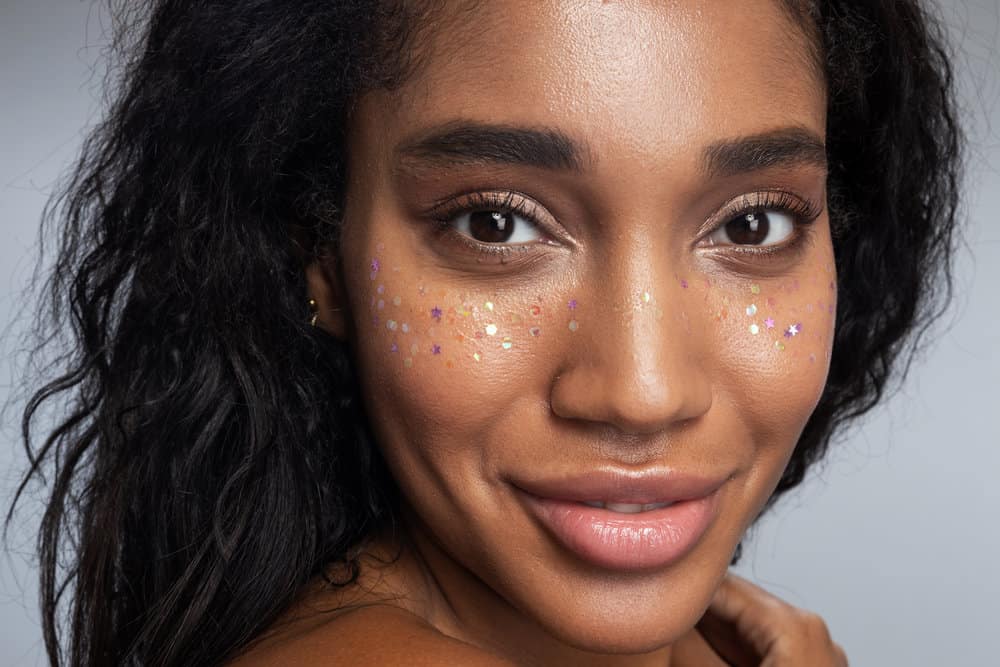
Damp hair not only has room for the hydration and nutrients of the mask, but it also ensures that there’s moisture to lock in. Just remember, damp hair isn’t the same as soaking wet hair.
Before applying your mask, wring your hair out so it's no longer dripping wet. If your hair is too wet, there’s a possibility that your hair mask will slip off your strands before it can penetrate them.
Should You Shampoo After Applying a Hair Mask?
Depending on your hair type, you may benefit from shampooing and conditioning your hair after you rinse out your hair mask. That way, you’ll cut through any leftover oily residue and ensure your strands stay soft and weightless. It’s important to note that this method is only recommended for naturally greasy or fine hair.
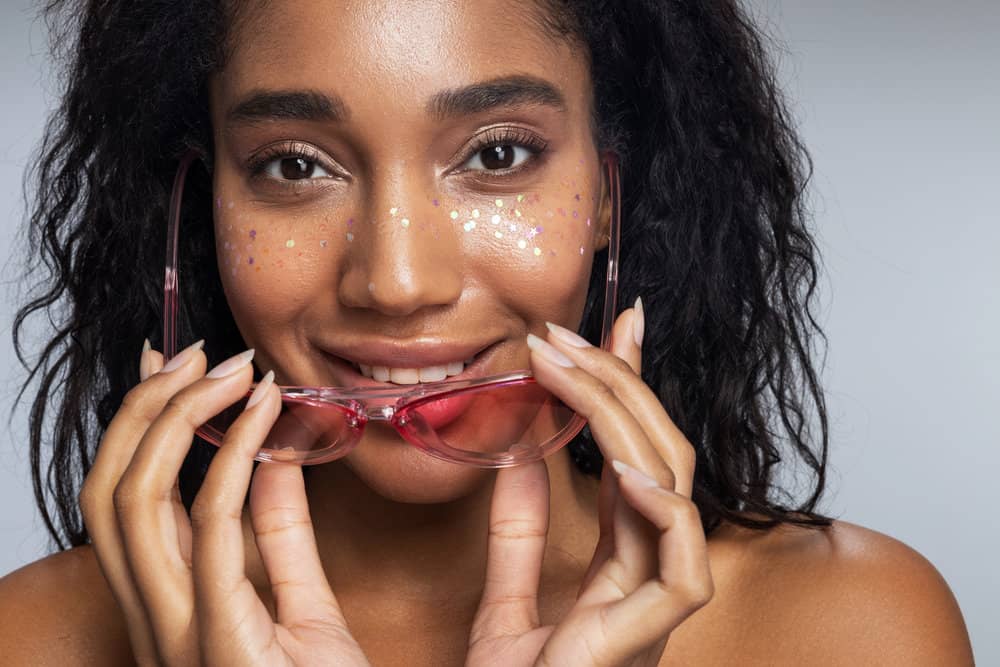
For all other hair types, it’s better to apply a hair mask after shampooing rather than before it. That is because shampoo acts like a primer and gently nudges your hair cuticles open.
So, in addition to being squeaky clean, your strands are open and ready to absorb all those nourishing ingredients from your hair mask. After you rinse the mask from your hair, apply a lightweight conditioner.
While it may feel counterintuitive or unnecessary, conditioner actually serves an entirely different purpose from hair masks.
Hair masks inject your strands with tons of moisture and hydrating ingredients. Then, the conditioner locks everything in place, so your hair stays hydrated even after it dries.
Dos and Don’ts of Using a Hair Mask
So now you know how often you’re supposed to use a hair mask. If you still have questions, this is the section for you!
Below, we’ll review a list of dos and don’ts that you need to be aware of. Keep them in mind to ensure your hair masks always leave your strands looking and feeling their best.
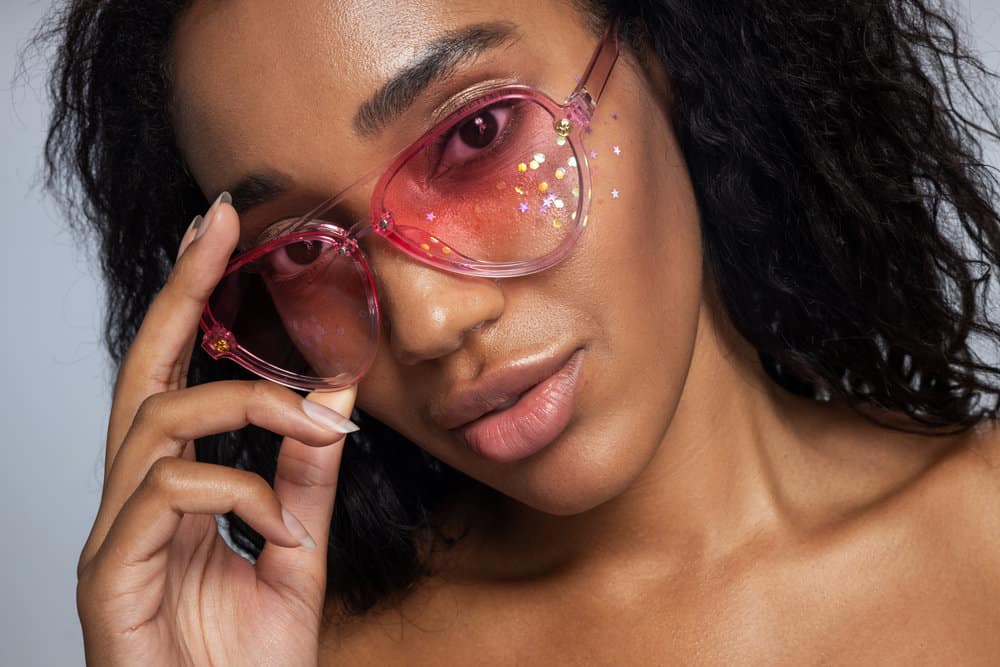
Do’s
- Do use color-safe hair masks if your hair has been colored.
- Do try sleeping in a hair mask if your hair is exceptionally dry or damaged.
- Do use a hair mask as a pre-shampoo treatment if your hair is naturally oily or fine.
- Do wear a shower cap after you apply your hair mask.
- Do rinse your hair thoroughly with cool water.
- Do use the right hair mask for your hair type.
- Do condition your hair after applying a hair mask.
- Do ensure that your hair mask is distributed evenly so all of your strands can benefit from the treatment.
Don’ts
- Don’t overuse hair masks that contain protein or protein derivatives.
- Don’t apply a hair mask to sopping wet strands.
- Don’t apply a hair mask after you’ve used conditioner.
- Don’t forget to read the product instructions on your specific hair mask.
- Don’t forget to concentrate on your ends.
- Don’t apply too many products at once.
- Don’t apply a hair mask to your roots if you struggle with a greasy scalp.
- Don’t rush through the application process. Give your hair mask enough time to penetrate your strands.
- Cardi B Hair Mask
- Bentonite Clay for Hair Benefits
- Fruit of the Earth Aloe Vera Juice for Hair Growth
- Should I Shampoo After Using a Hair Mask
There’s no question that hair masks can be an excellent addition to any healthy hair care routine. When used correctly, hair masks strengthen, hydrate, and repair your strands and help ensure that every day turns out to be a great hair day.
Just be careful not to overuse them.
Instead, try incorporating a hair mask into your routine once or twice weekly. That said, we hope this article has helped answer all your questions and shown you how often you need to use a hair mask.




